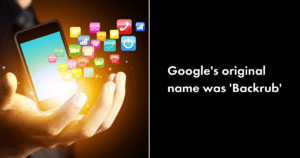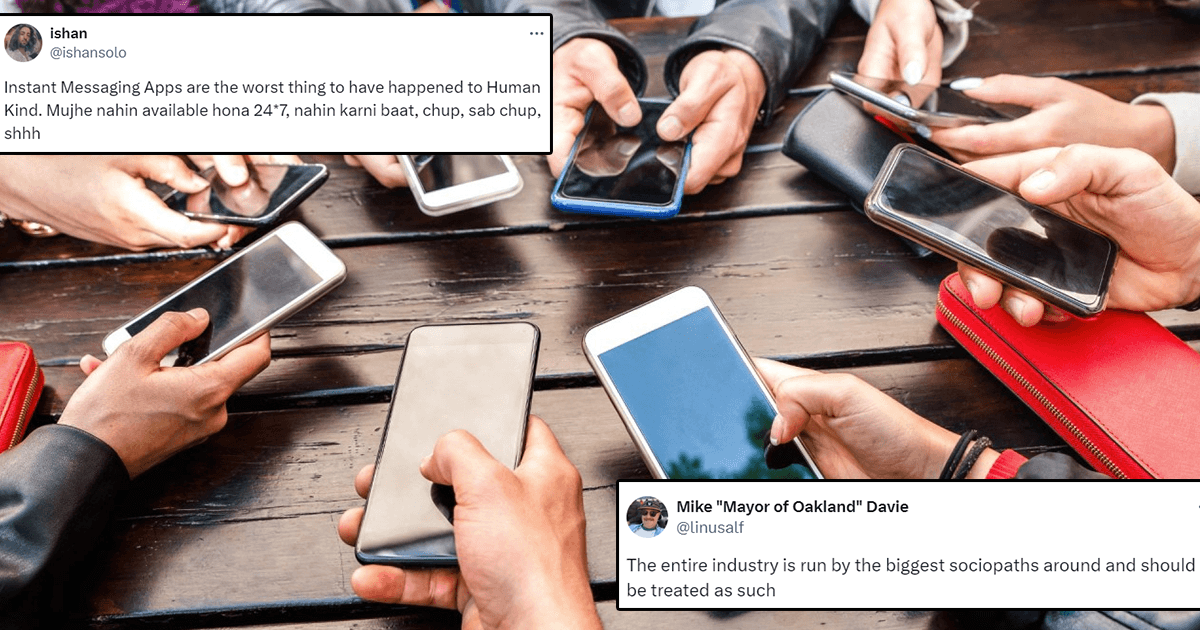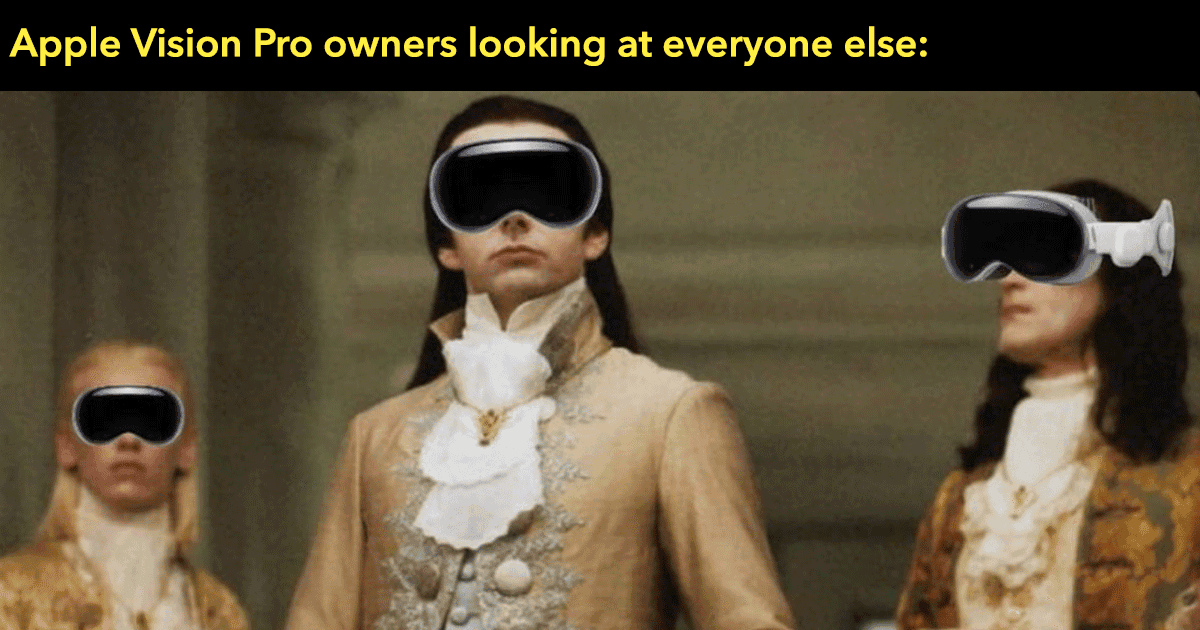You’re being watched. At all times.
You opened Pandora’s box the first time you ever logged on to the Internet. The web is infinite and you’re a part of it forever.
Our lives are like goddamn reality shows in the age of social media. Everything is out in the open. We have no idea where our information is going. Over sharing has become the most raging universal trend.

Surprisingly, we’re totally cool with keeping it that way. No questions asked. Personal space can go to hell.
The digital revolution is finally backfiring.
What you ‘share’ instantly becomes public property. Once you click that button, it’s not yours anymore. It belongs to the net. You’re just another link in a never-ending chain of data.
What else did we expect when we welcomed Facebook to our bedrooms?
But who’s to blame? We’re not even thinking about something that’s now a cyber epidemic. We conveniently ignore notifications about ‘break in’ attempts. It’s happening 24/7.
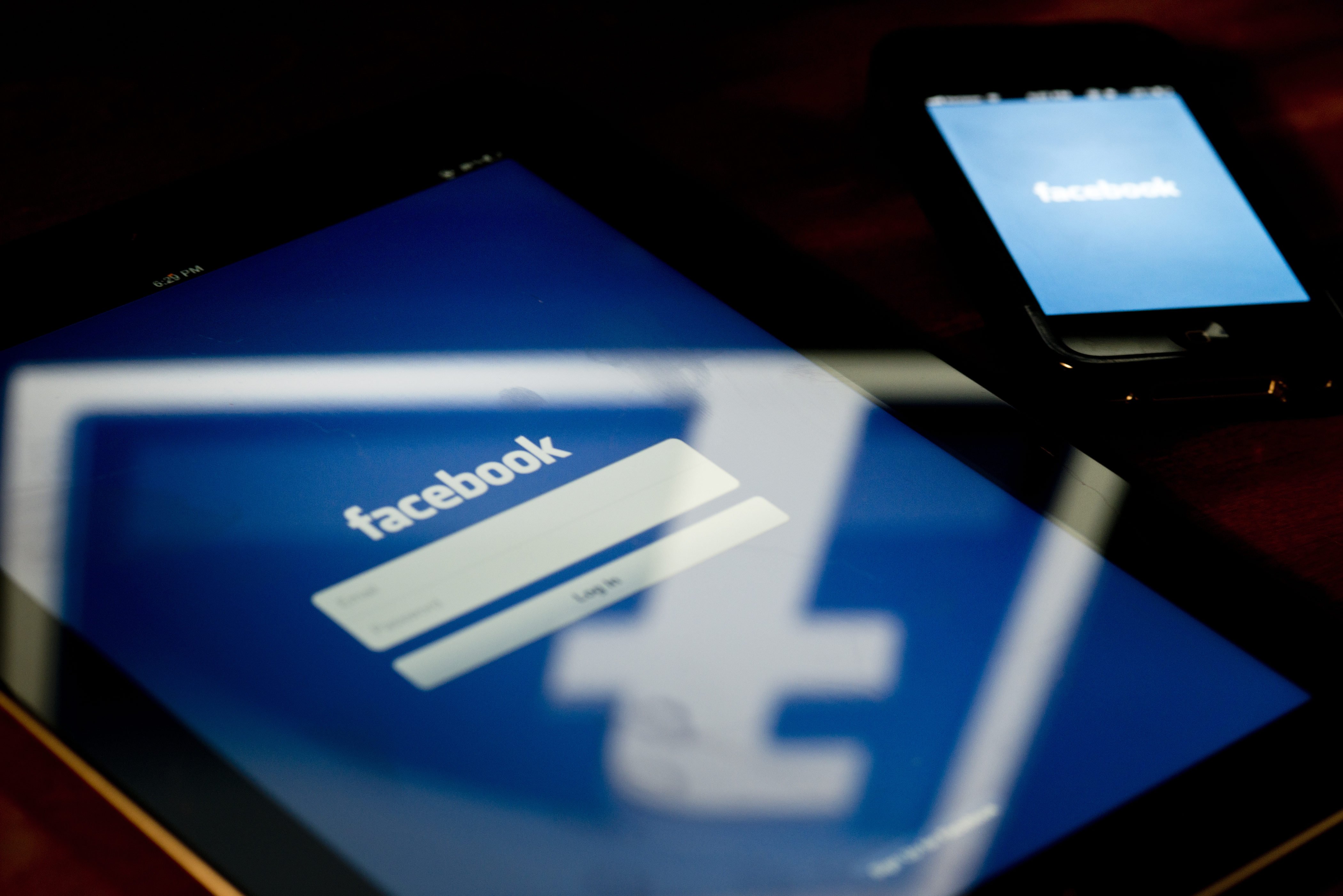
The one ‘following’ you isn’t always a ‘friend’. It could be a dangerous predator for all you know.
It takes the simplest coding to crash into a smartphone. Within minutes, all the data in your device can be transferred to a stranger’s computer screen. Anything is possible in World Wide Web.
Privacy is officially dead, you guys.
Even if you delete every single thing you’ve uploaded till date, the net still has it. We’re owned by it. We like to believe we’re in control but that’s the biggest lie of them all.
Last year, Yahoo publicly declared that 1 billion of its accounts were hacked in a year alone. 1 BILLION. If giant tech innovators such as Yahoo can get fucked over, you, my friend, don’t stand a chance.
Everything from names, numbers, DOBs, passwords and unencrypted security questions were taken. Zomato got hacked too. Within a second, thousands of users lost their accounts. Even Hollywood stars’ iCloud accounts were raided big time.
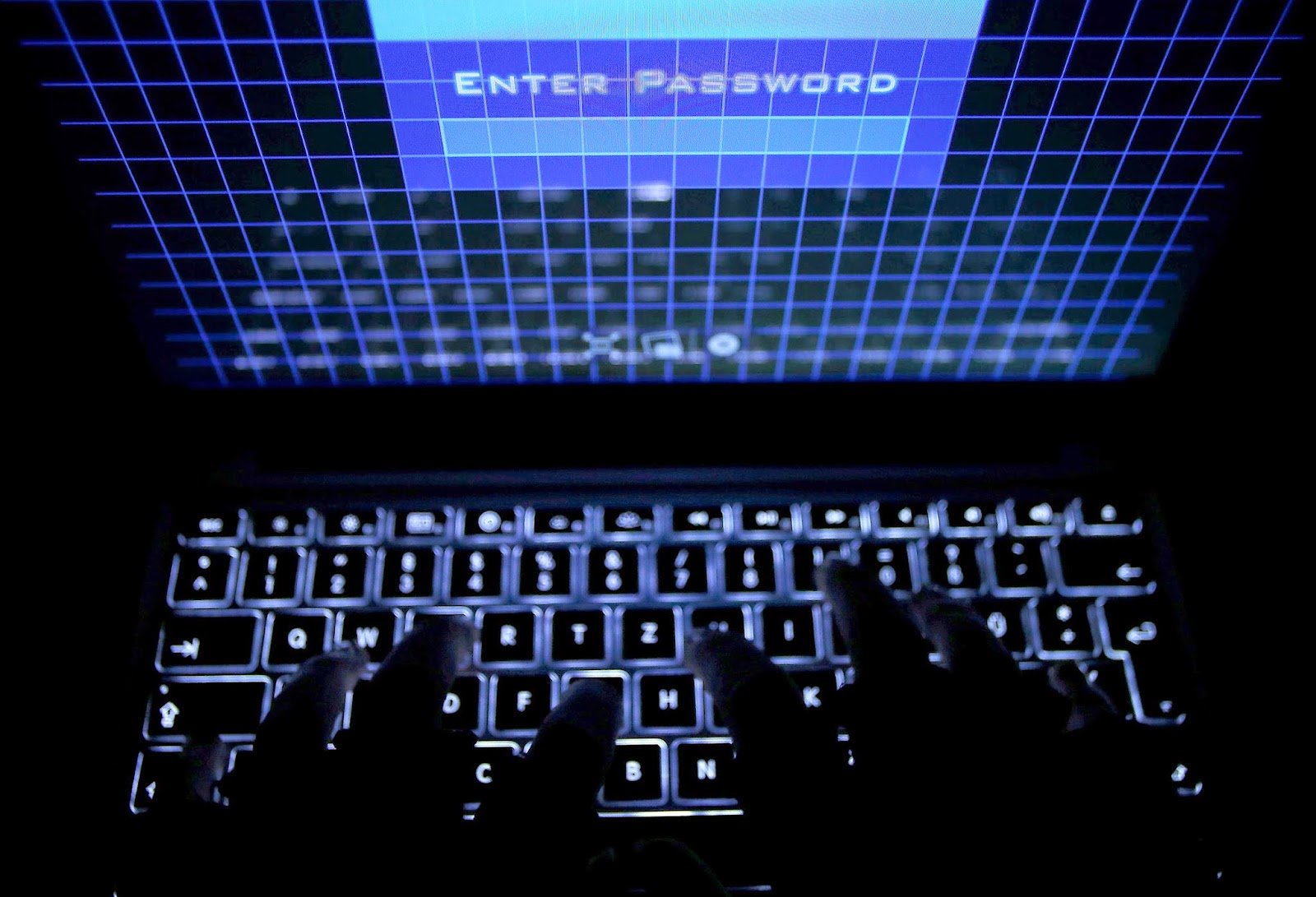
That’s how easy this whole game is for hackers. They’re wired in, popping popcorn in a dark room while you break into a sweat.
Graphic photos leaked? Pornographic scam messages sent in your name? Contacts lost?
What are you going to do?
The answer is, know your enemy first, only then can you defeat it. Awareness makes a difference. Follow up. I’m going to explain a few examples of hacking. Please try not to zone out.
Okay, let’s start with Phishing. This involves extracting financial data using fraudulent e-mails and copies of legitimate websites. So, a fake Facebook login page can be created and sent to users through which their login data can be stolen.

Then there’s Man In The Middle. Here, the attacker makes independent connection with victims, making them believe they’re talking directly to each other when the entire conversation is controlled.
A hacker in the range of an encrypted Wi-Fi access point can put himself in the middle and extract information such as passwords that are flowing through the network.
Third is Public Charger Hacks. Be very careful before you use public charging ports in cafés, metros, airports, malls, etc. As we all know, chargers are also data transfer cables. As your device is plugged in, you’re gaining battery but losing data.
Next is Backdoor APK, a file format used by android systems for the distribution and installation of mobile apps. Malicious APK files can open a back channel to the server of a hacker. This will give him or her access to your gallery, location, contacts, messages and all files saved.

Card Cloning is used to clone cards using a card skimmer. It’s a capture device that lets criminals copy your personal card data onto their machines. Before you know it, your account is emptied out. It is commonly placed on ATM machines but now they could be on any machine that accepts debit or credit cards, be it a movie ticket counter or your grocery store.
Lastly, there’s Keylogging. It’s the use of a computer program to record every keystroke made by a computer user, especially to gain fraudulent access to passwords and confidential information.
Think twice 10 times before sharing anything. Ask yourself if that’s something the world can see. If it’s not, don’t create or keep it. Be it a nude selfie, bank details or important documents of any kind. Keep resetting passwords. Check your social media accounts regularly. Never take a ‘warning’ lightly.
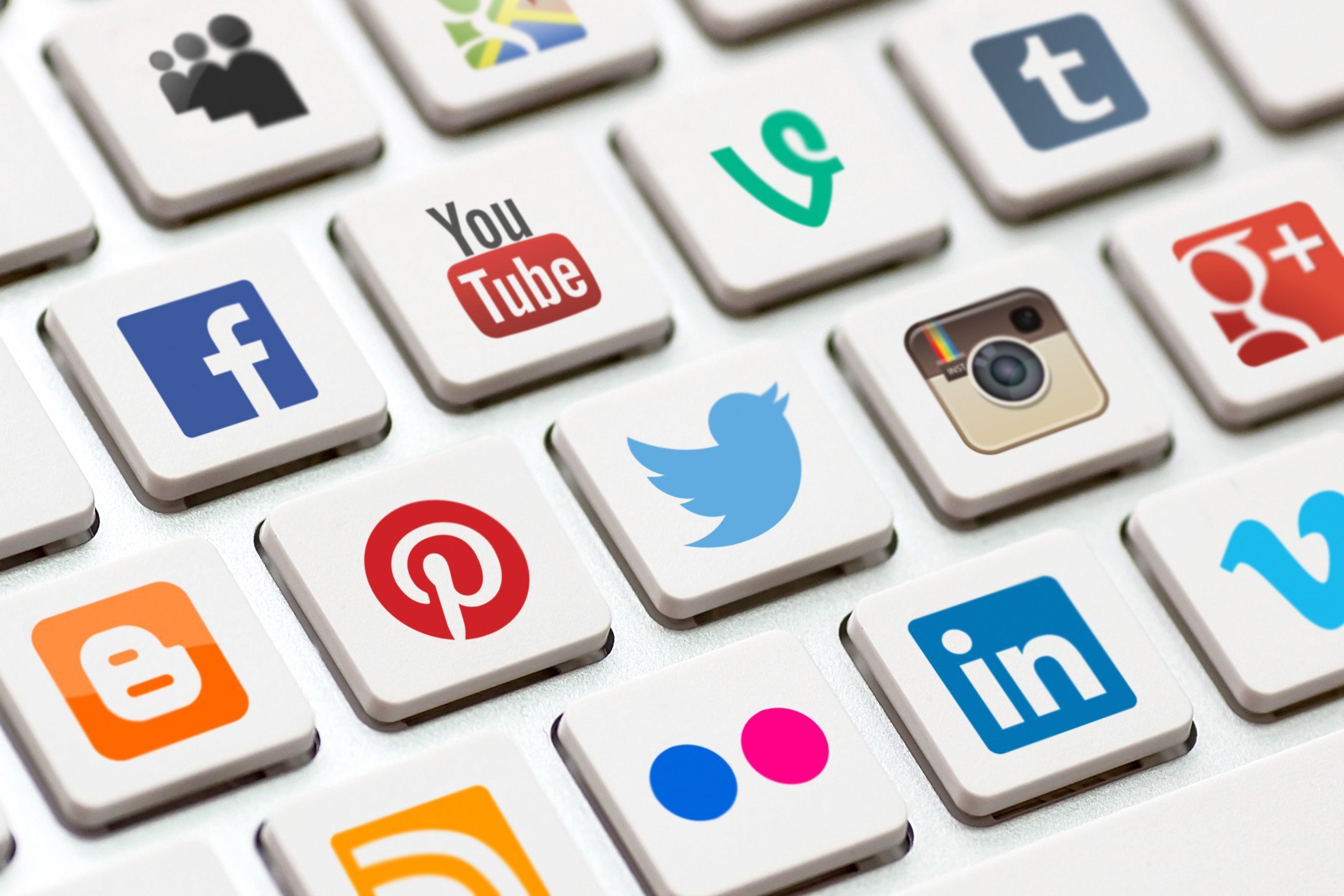
Hacking is freaky as hell and completely unpredictable. We don’t take it seriously till it happens to us. Let there be urgency in your mind. Be smart. Precaution is always better than cure. Although I really hope you never have to find that out.
Here’s an eye-opening video by Chase, exposing hacking and showing how it’s done. You could learn useful tips and just educate yourself about this modern evil before it gets to you. Do watch it.
Masthead source: wallpaperup | Feature source: showmetech




